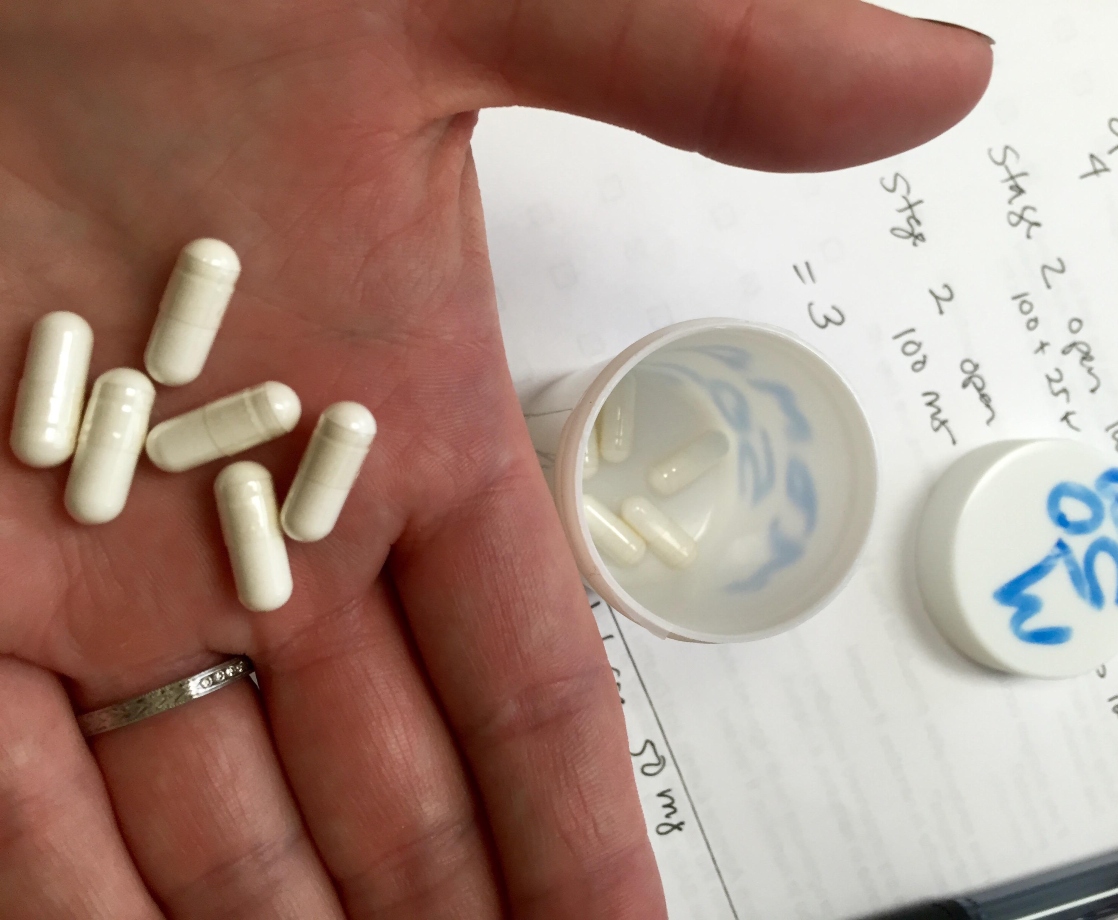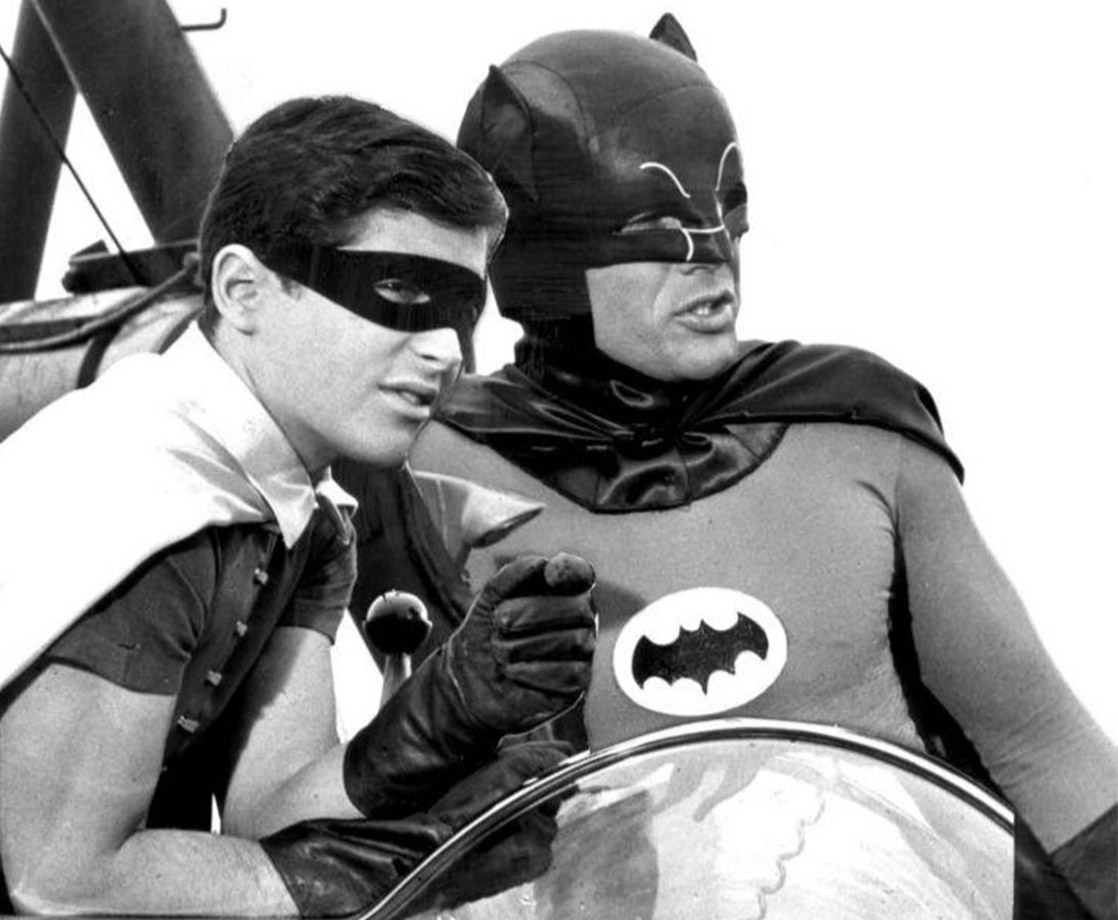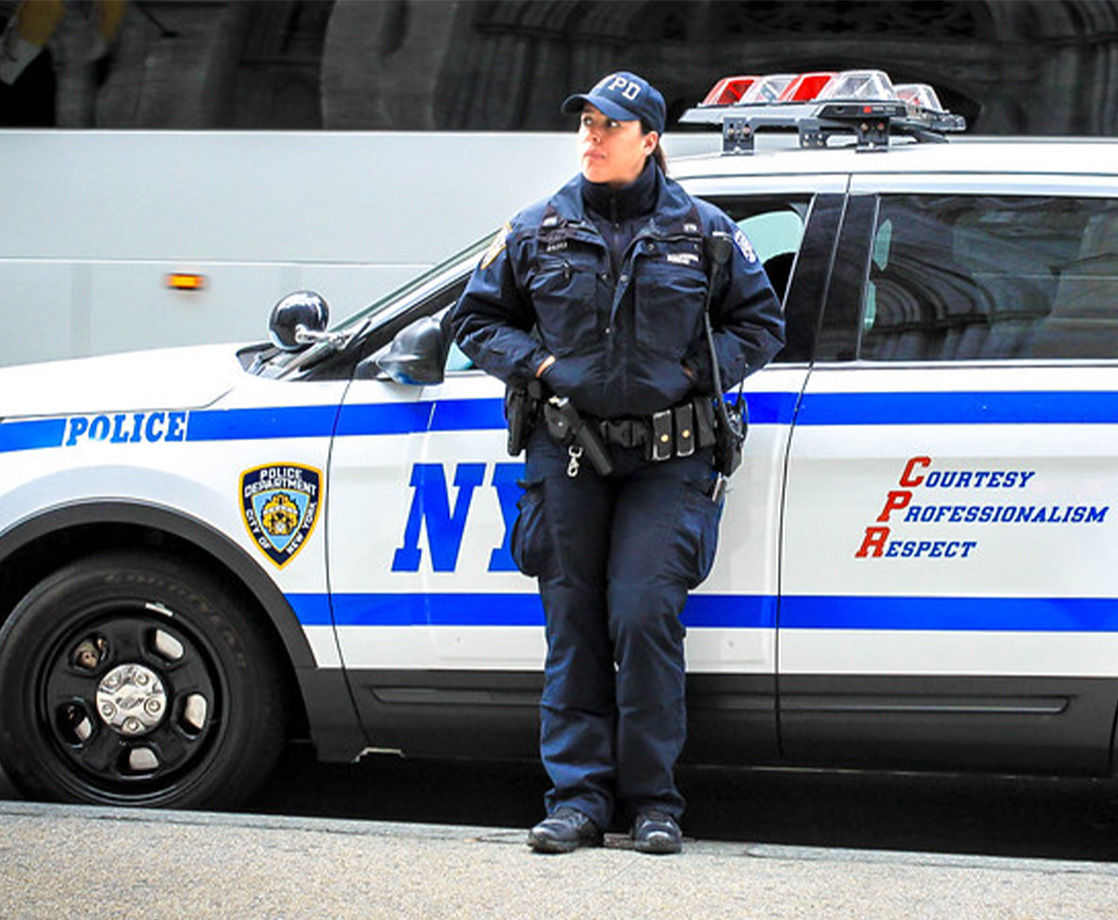Cover image via
A federal utility company in Mississippi has announced that it will have nothing to do with the state’s nascent medical marijuana industry. Its reasoning is based on its interpretation of federal law, which bans THC-rich forms of cannabis. Even so, members of the US Congressional Cannabis Caucus have already voiced their displeasure with the company’s logic.
The Daily Journal reported that on February 2, the Tennessee Valley Authority (TVA) released a statement announcing that, given the “important point” of cannabis remaining a tightly-controlled Schedule I drug at the federal level, TVA would not be “direct any federal resources or funds to the cultivation and/or distribution of marijuana” — regardless of weed’s legal status at the state level.
“Federal resources and funds may not be purposefully used to facilitate activity that potentially violates federal law,” the memo continues. The statement also indicates that TVA may report local power companies serving cannabis-producing clients to federal authorities. Narc much?
Members of the US Congressional Cannabis Caucus, Reps. Earl Blumenauer (D-OR) and Steve Cohen (D-TN), sent a letter to chair of TVA’s board of directors urging the company to rescind the decision. They expressed their belief that refusing service to cannabis companies would “disregard the democratic will of the people of Mississippi.” The memo goes on to call any suggestion that TVA would report local companies with cannabis-producing clients to the feds would be an “affront to the people who voted in support of a medical cannabis program.”
TVA is the primary wholesale electricity supplier in north Mississippi, and also provides power to areas in Virginia and Alabama.
Perhaps this goes without saying, but if medical cannabis companies have no access to electricity, patient access to cannabis is in great danger. It is unclear if TVA will take action against its associated local power companies who provide service to cannabis businesses.
Cannabis advocates in the state cautioned TVA against the decision to refuse service to pot purveyors.
“TVA should not discriminate against legal businesses that need utilities,” Cohen told Marijuana Moment. “TVA needs all the business they could get as their rates are way too high already and many want to leave TVA.”
The memo is the latest hurdle on what has been a tough road for medical marijuana in Mississippi. Residents overwhelmingly voted for Initative 65 to institute a medical cannabis program back in 2020, with 58 percent casting their vote in support. (The city of Jackson voted to decriminalize cannabis back in 2018.) However, the state’s Supreme Court invalidated the result six months later, deciding that Mississippi’s entire ballot measure process was “unworkable and inoperative.”
That put the onus on lawmakers, who voted to approve a 445-page bill that made Mississippi the 37th state to regulate medical marijuana in late January. The decision was notable as it was the first time a Republican-controlled state legislature had voted to approve cannabis regulation. Governor Tate Reeves signed the bill mere days before TVA’s announcement.
The new regulations do allow local governments to opt out of allowing medicinal cannabis businesses in their jurisdiction — but they also include a mechanism by which citizens could petition for an election to veto an opt-out.
Follow Caitlin on Instagram, and catch her Spanish-language podcast Crónica on Spotify and Mixcloud.











